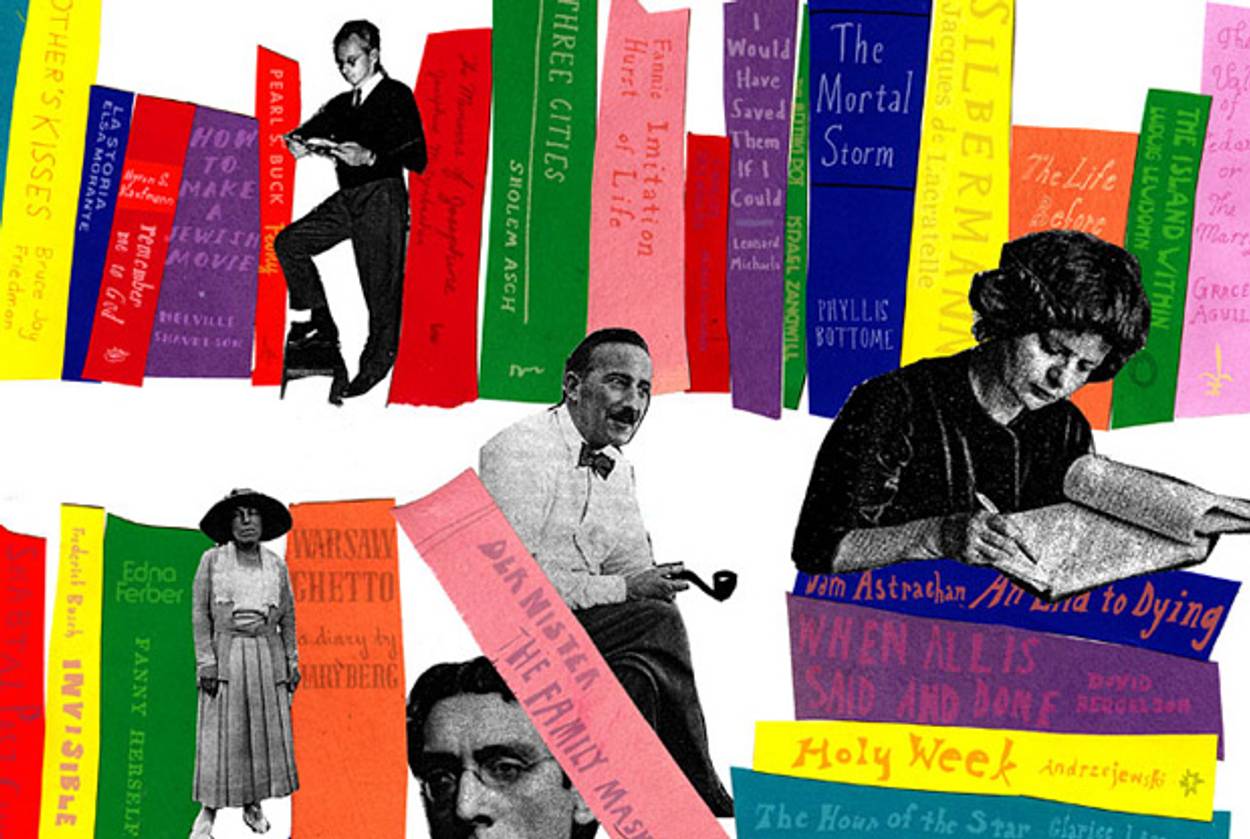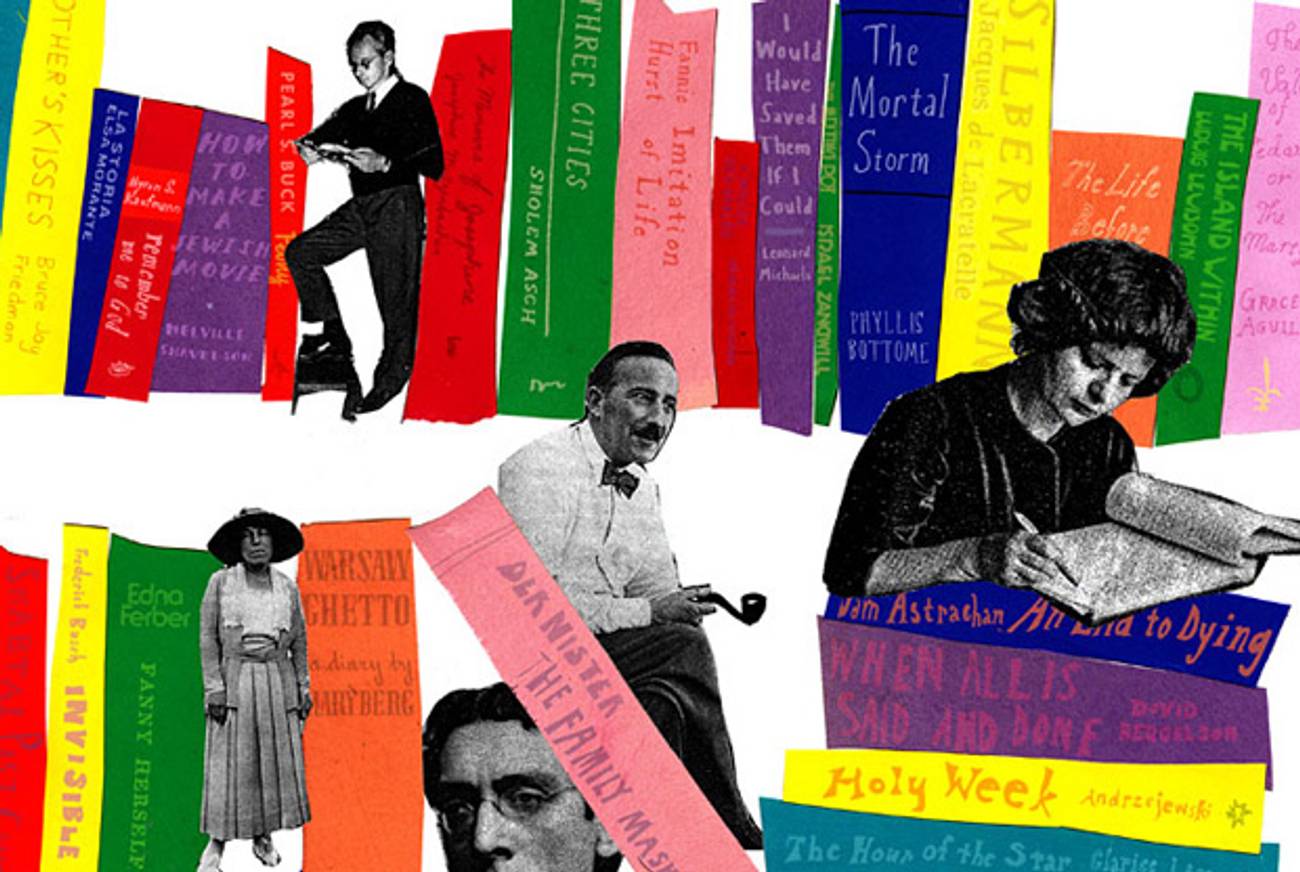The Family Crisis
Lost Books




“Lost Books” is a weekly series highlighting forgotten books through the prism of Tablet Magazine’s and Nextbook.org’s archives. So blow the dust off the cover, and begin!
In 2008, Elizabeth Mitchell highlighted The Family Mashber, by Ukrainian writer Pinchas Kahanovitch, who published under the name Der Nister. First published in Russia in 1939, the epic Yiddish tale had recently been reprinted in English.
“The great enemy in Mashber is society itself,” Mitchell explains, and it’s not difficult to find the real-life connection: Kahanovitch was arrested in Moscow by the Soviet secret police in 1949, charged with conducting hostile nationalistic activity, and died the next year in a labor camp, at 67. Mitchell writes,
The key character approaching the abyss in the novel is Moshe Mashber, a successful and seemingly humane businessman. Moshe boasts a devoted wife, a loving family of married daughters, and two brothers: Alter, who suffers from epilepsy, and Luzi, revered for his absolute piety. In Yiddish, Mashber means “crisis,” and one may suspect that Moshe, as a rich man intimately connected to characters who shun material wealth (particularly Luzi, his most beloved sibling), will be served his crisis owing to overweening pride or avarice. But such is not the case. One of the region’s noblemen refuses to pay back massive loans owed to Moshe, threatening the stability of Moshe’s whole business. When another drunken nobleman shoots a portrait of the czar in a Jewish inn, the Jews must find hush money to avoid persecution from the capital. The two financial strains cause Moshe’s crash. The collapse is more than financial; under strain, Moshe proves to be selfish. The fall of its most successful citizen brings down the whole tightly intertwined community.
Read Toward the Abyss, by Elizabeth Mitchell
Stephanie Butnick is chief strategy officer of Tablet Magazine, co-founder of Tablet Studios, and a host of the Unorthodox podcast.